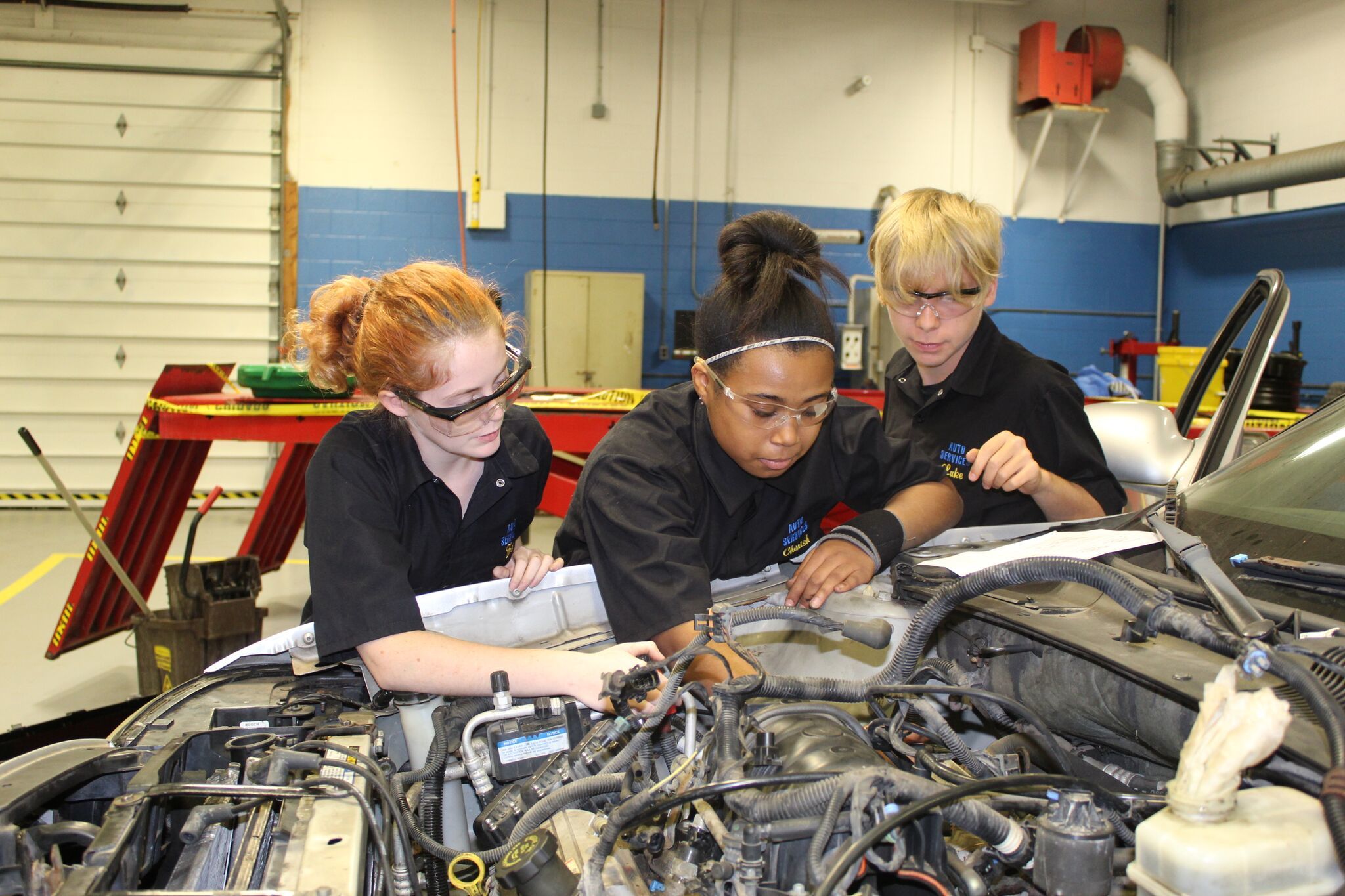All Categories
Featured
Regular engine tune-ups are necessary for keeping your vehicle's efficiency, enhancing gas effectiveness, and expanding its life-span. Whether you're a skilled car owner or a novice, recognizing the essential aspects of an engine tune-up can help you keep your car running efficiently for years. Below are some vital tips to guide you with the process.
- Modification the Glow Plugs. Ignition system are small but magnificent components that play an important function in sparking the fuel-air combination in your engine. With time, they can wear or come to be fouled, causing poor engine performance, reduced fuel efficiency, and difficult beginnings.
During a tune-up, evaluate your ignition system for wear and replace them as necessary. For many vehicles, stimulate plugs need to be changed every 30,000 to 100,000 miles, relying on the kind and product. Fresh spark plugs ensure efficient combustion and smoother engine operation.
- Inspect and Replace the Air Filter. The air filter is your engine's first line of protection against dirt, particles, and other contaminants. A stopped up or unclean air filter can restrict airflow, causing your engine to work tougher and consume more gas.
Examine your air filter throughout a tune-up and change it if it's unclean or previous its advisable solution period. A tidy air filter enhances engine efficiency and boosts fuel economic situation.
- Check the Gas System. Over time, your fuel system can gather dirt and carbon deposits, lowering engine performance and fuel efficiency. Cleaning up the fuel injectors and gas lines during a tune-up assists maintain appropriate gas distribution and burning.
You can utilize a gas system cleaner or have a professional mechanic carry out a much more complete cleansing. This step is especially valuable for older lorries or cars regularly driven in stop-and-go traffic.
- Check the Belts and Hoses. Belts and pipes are important for different engine features, such as running the generator, water pump, and air conditioning. During a tune-up, look for cracks, fraying, or indicators of endure these parts.
Replace any worn-out belts and hose pipes to prevent prospective break downs. A busted belt or dripping pipe can lead to engine getting too hot or loss of power, so addressing these issues quickly is vital.
- Change the Engine Oil and Oil Filter. Engine oil is important for lubricating relocating parts, lowering friction, and managing engine temperature. In time, oil becomes contaminated and sheds its performance.
As component of a tune-up, change the engine oil and oil filter. Make use of the sort of oil suggested by your car's producer and stay with the recommended adjustment periods. Tidy oil maintains your engine running efficiently and avoids premature wear.
- Check the Battery and Charging System. A healthy and balanced battery is necessary for starting your auto and powering its electric systems. Throughout a tune-up, check the battery's voltage and check the terminals for rust. Clean the terminals if needed and make sure a safe and secure connection.
In addition, test the alternator and billing system to ensure your battery remains charged throughout operation. If your battery is weak or old, take into consideration changing it to prevent unanticipated malfunctions.
- Flush and Fill Up the Coolant. The air conditioning system controls your engine's temperature level, preventing it from overheating. Old or infected coolant can shed its effectiveness, causing possible engine damages.
Throughout a tune-up, purge the old coolant and change it with a fresh combination. Check the radiator, thermostat, and hoses for leakages or damages. Maintaining the air conditioning system in good condition guarantees your engine operates at the ideal temperature.

- Address Warning Lights and Unusual Symptoms. Modern cars are furnished with analysis systems that alert you to potential issues with control panel caution lights. If your check engine light or any kind of other cautioning indicators get on, address them during your tune-up.
In addition, take notice of unusual signs such as weird noises, rough idling, or decreased fuel performance. A professional auto mechanic can identify and fix these problems throughout the tune-up process.
- Do Not Forget the Exhaust System. Your car's exhaust system gets rid of unsafe gases from the engine and makes sure appropriate discharges. Evaluate the exhaust system for leaks, corrosion, or damage throughout a tune-up. A damaged exhaust system can affect engine efficiency and result in ecological and security issues.
- Use High-Quality Components and Fluids. When changing parts or completing liquids during a tune-up, always select top quality products that fulfill your automobile's specifications. Making use of poor parts or inaccurate liquids can adversely influence your engine's efficiency and long life.
Final Thought: Normal Tune-Ups Are Trick to Engine Health And Wellness. Making the effort to tune up your engine guarantees it operates effectively, saves gas, and reduces the risk of breakdowns. Whether you carry out these tasks on your own or rely upon a relied on mechanic, normal tune-ups are an investment in your vehicle's reliability and long life. Adhere to these pointers, and you'll delight in a smoother, a lot more trustworthy ride for several years ahead.
Latest Posts
Why Regular Car Maintenance at Montclare Auto Repair Reduces Costs
Experience WyHy Federal Credit Union – Top Benefits for Your Financial Success
Discover Your Financial Partner at WyHy – Key Advantages for Your Financial Success
More
Latest Posts
Why Regular Car Maintenance at Montclare Auto Repair Reduces Costs
Experience WyHy Federal Credit Union – Top Benefits for Your Financial Success
Discover Your Financial Partner at WyHy – Key Advantages for Your Financial Success